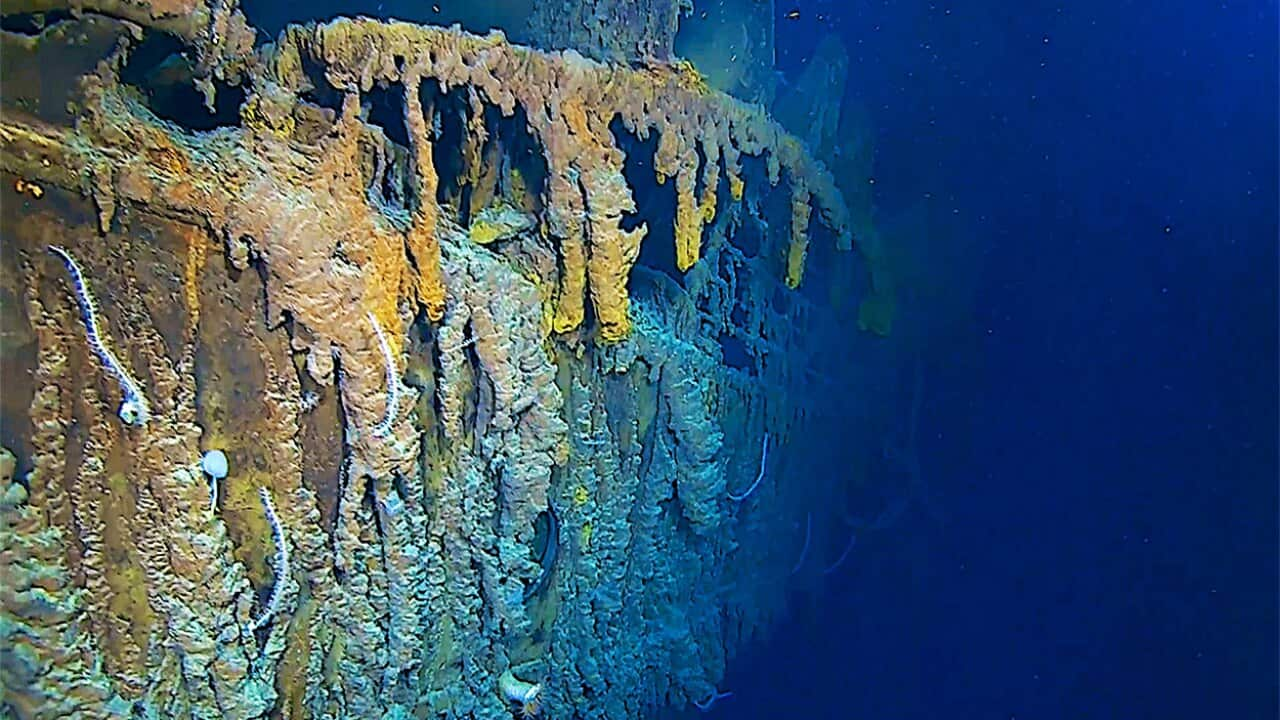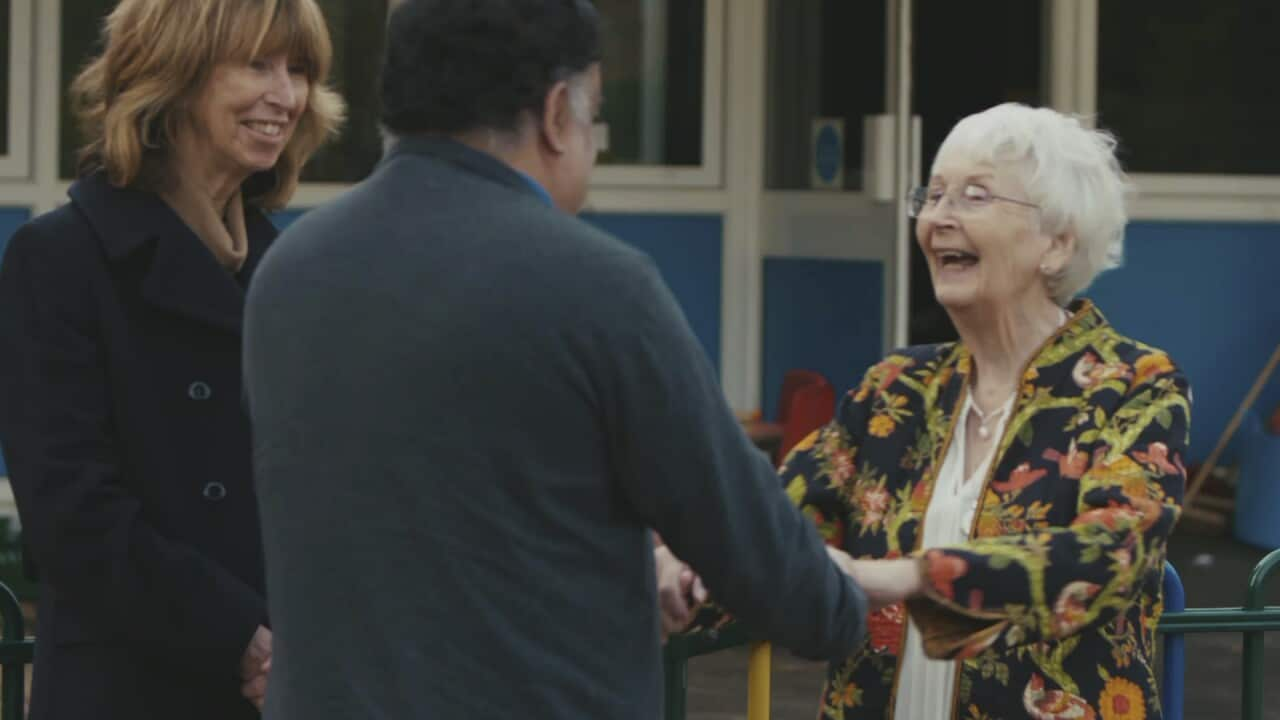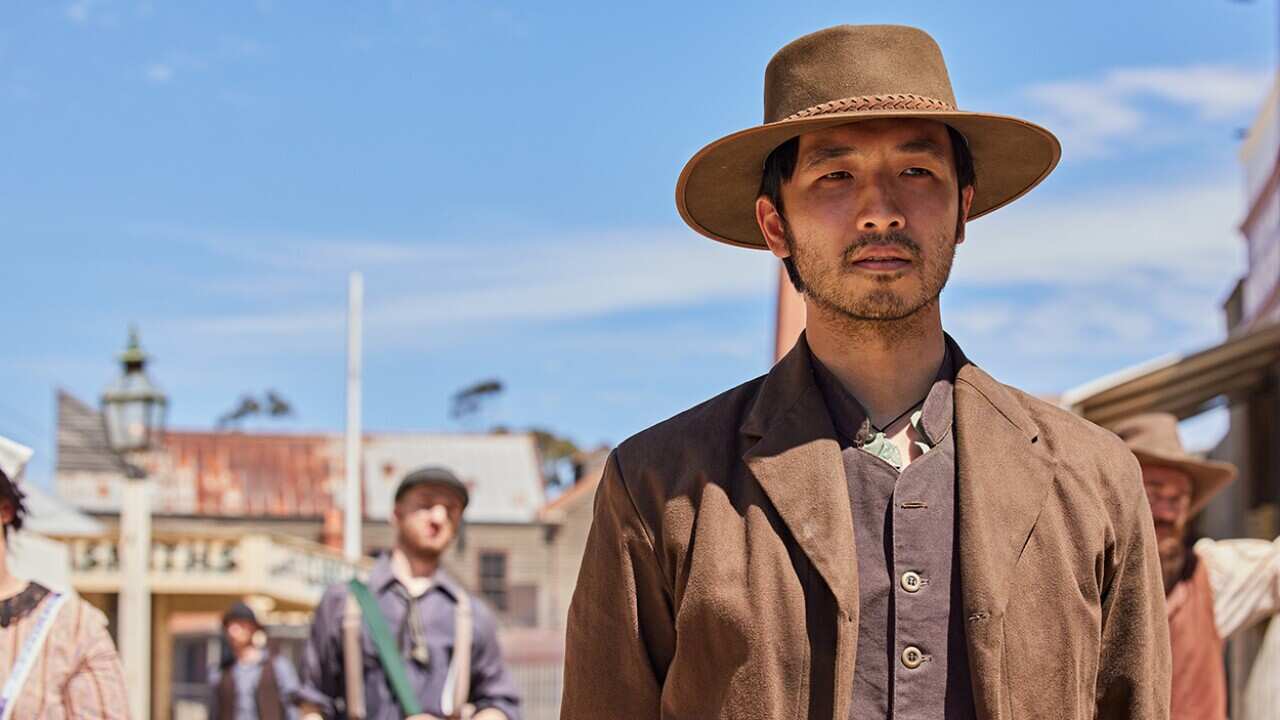John Randall, Billy Blue, John Martin, Fanny Finch, John Joseph. It’s a list that should read as a roll call of some of the most influential figures in Australia’s history, but if their names are unfamiliar to you, chances are you’re not alone. While they should be as central to the post-colonial narrative as the Ned Kellys or Mary Bryants that have secured their place within our national mythology, these figures have instead been largely ignored.
For journalist, filmmaker and author Santilla Chingaipe, the absence of the African-Australian story within prevailing historical accounts is a reality she is determined to change as she investigates the circumstances that saw them fall out of national consciousness in her new documentary, Our African Roots. Inspired by the evidence collected as research for her upcoming book of the same title, Chingaipe uncovers the contributions that individuals of African descent have made to our continent from the time of the British invasion. The rhetoric around African-Australians in contemporary society, and the consequences of this, particularly on younger members of the community, inspired her to approach the issue from a completely different angle. “What drove me to the archive was the so called ‘African crime wave’ and the fact that a lot of commentators and people in the media were talking about this as some sort of Australian rite of passage,” she says.
“What drove me to the archive was the so called ‘African crime wave’ and the fact that a lot of commentators and people in the media were talking about this as some sort of Australian rite of passage,” she says.

‘Our African Roots’ host and co-producer Santilla Chingaipe. Source: Warsan Mohammed
“It was as if every other migrant group had copped some sort of negative opinion and chatter, and it was now time for the spotlight to be on the African community. I knew that wasn’t right.”
It was a need to challenge this attitude that saw Chingaipe begin her investigation into the very first African migrants to land on these shores.
“If I can find evidence of these people as early as the First Fleet, then surely the discussion can’t be about the fact that they are newly arrived groups experiencing this discrimination. There must be more to it,” she explains.
It turns out that when colonists first arrived on Australian shores in 1788, there were indeed ten convicts of African descent among them. It’s a fact that remains largely undocumented in most school history books. It also fails to capture the important role of these convicts, and their ongoing significance to Australia’s cultural landscape. There’s a personal frustration with the limited reference to these early settlers for Chingaipe; when her family migrated from Zambia when she was just a child, she struggled to connect with the historical narrative she was taught and recognises the impact this can have.
“A lot of young African-Australians talk not just about the overt racism they experience, but also how it impacts their sense of belonging and identity,” she explains. “It’s already hard enough being a young person trying to find your place in the world without having the added burden of discrimination and racism thrown into that.”
“(The absence of this history) ultimately reinforces this idea that one group might be inherently predisposed to doing these amazing things and everyone else isn’t. A lot of people don’t know these stories, they’ve been erased.”
One such story is that of Billy Blue, a well-known figure within early colonial Australia who, despite having a great many contemporary Sydney landmarks named after him, has largely had his African heritage erased from popular imagination. Entrusted with the responsibility of transporting people to the northern side of Sydney by Governor Macquarie, Billy was arguably the first person to connect the two sides of the harbour. His legacy is not only the communities that came to be established on the lower north shore, but also the ingenuity and determination he displayed in the face of an Anglo-dominated society. Though parts of Billy’s tale are dispersed throughout historical commentary, others like Fanny Finch have, until recently, been almost entirely omitted from the conversation. As Chingaipe discovers in her conversations with Fanny’s descendants in Castlemaine, she was a pioneer of Victoria’s gold rush era, a single mother and business owner who campaigned for the right of women to vote. Why then has our society, which applauds Australian achievement and success, not embraced these stories?
Though parts of Billy’s tale are dispersed throughout historical commentary, others like Fanny Finch have, until recently, been almost entirely omitted from the conversation. As Chingaipe discovers in her conversations with Fanny’s descendants in Castlemaine, she was a pioneer of Victoria’s gold rush era, a single mother and business owner who campaigned for the right of women to vote. Why then has our society, which applauds Australian achievement and success, not embraced these stories?

North Sydney Council historian Ian Hoskins and Santilla Chingaipe on the trail of convict Billy Blue, who became Sydney harbour’s first licensed ferryman. Source: Tony Jackson
“It’s one thing to outlaw and abolish racist legislation, it’s another to do the same with cultural attitudes,” Chingaipe says. “How do you begin to get people to unlearn something that they’ve been wired to think for a good seventy years?”
“Part of it is who gets to tell the stories. Even early on, I was very reluctant to publish the research because I kept thinking, I am a young, black woman; people like me don’t tell history, people like me don’t write history.”
It’s lucky then that Chingaipe overcame this uncertainty as it is her curiosity, expertise and obvious passion for sharing these stories that engage audiences, as she brings to life more than 200 years of African-Australian history. Though it’s clear that the existing accounts lack depth, the documentary is not an attack on the legends around which Australian identity has been formed, but rather an attempt to showcase components of that identity that are too often neglected.
“I do hope that when we do think about the stories that we tell ourselves that reinforce a certain form of Australian-ness, that we recognise that Australian-ness does not mean whiteness or relationship to the Anglo empire,” she says.
“I also hope that people embrace these histories and I hope it leads us to a place, as a country, where we start telling the truth in many ways about the foundation of colonised Australia. Australia’s foundational story is way more interesting and diverse than we were told.”
Our African Roots premieres Sunday 17 October at 8:30pm on SBS as part of SBS’s Australia Uncovered documentary series.







